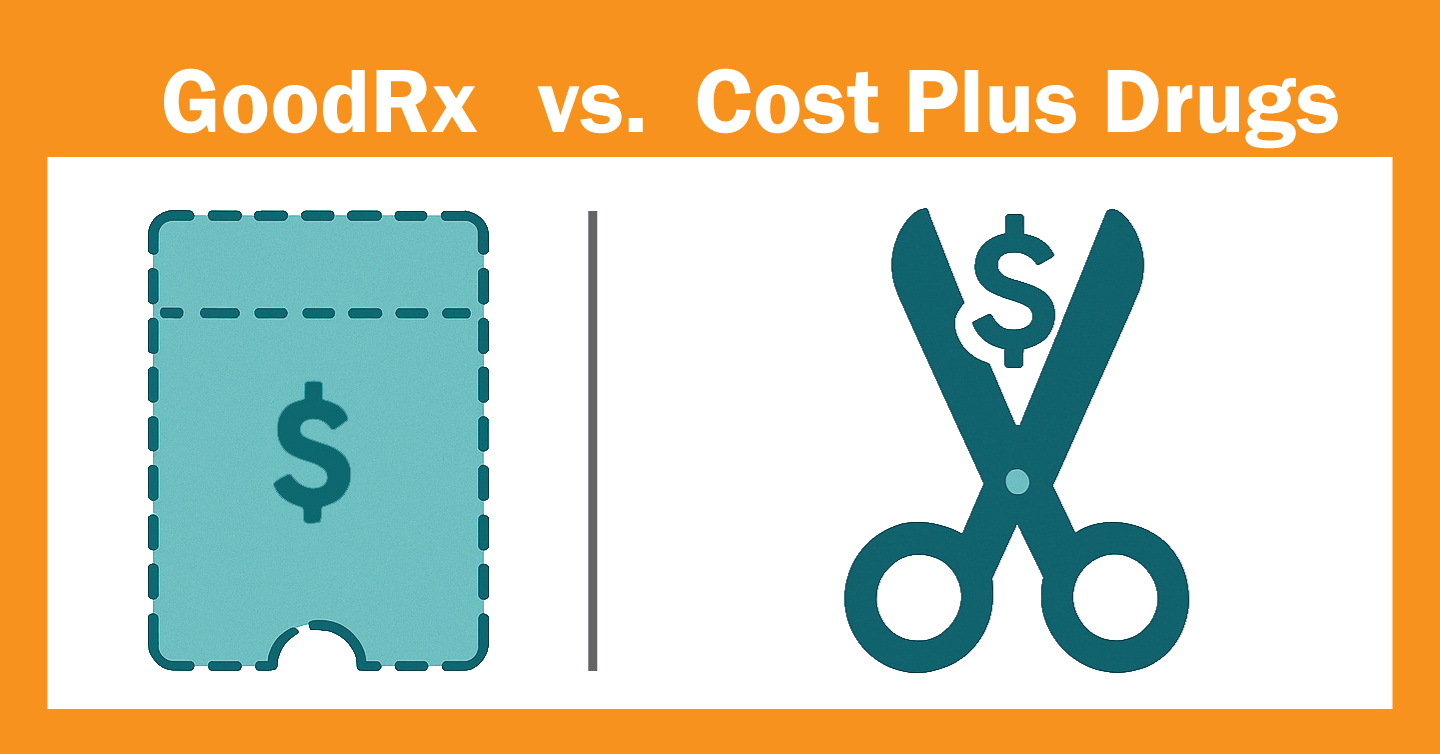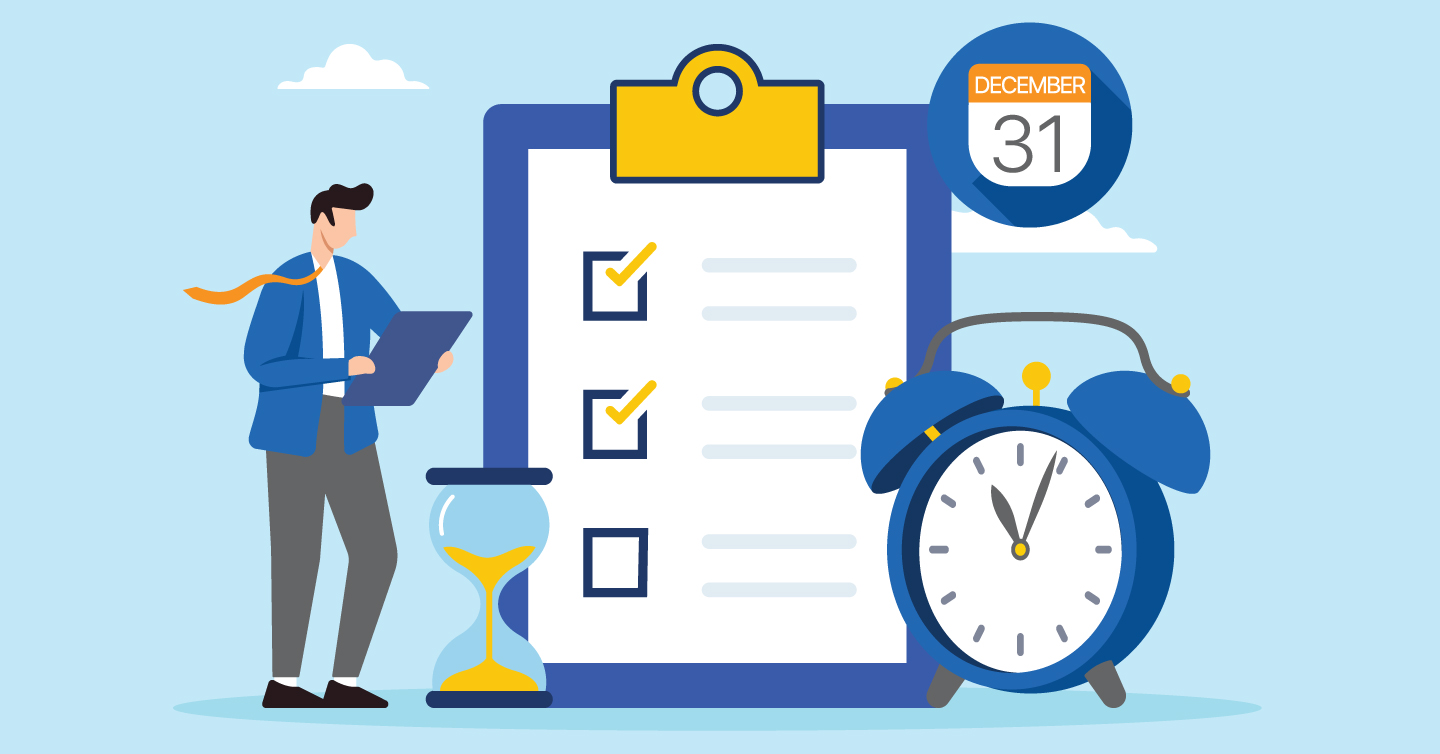What Fitness Tracker is the Best for Me in 2023?
Apple Watch Vs. Fitbit Vs. Garmin – Health Roundup
By Samantha Clark, wellness coordinator at Network Health
Originally published on 10/21/2021 at 4:00 p.m.
Updated on 5/15/2023 at 2:00 p.m.
When we think about fitness, it’s easy to take for granted all of the tools, programs and help we didn’t have access to even ten years ago. Going back even further, some of us grew up in a world where the only virtual fitness was aerobic videotapes and the only fitness tracking came courtesy of a finicky pedometer you awkwardly wore on your waist all day.
These days, however, a lightweight device on your wrist can help monitor and analyze your fitness for days at a time, letting you set and achieve goals with the power of technology.
It’s a great time to have goals.
Fitness trackers are a huge part of the way millions of people are exercising today. Typically worn around the wrist, these trackers serve as a pedometer, activity monitor, sleep tracker and some even feature GPS to precisely track running or hiking.
In this article, we’re going to highlight and compare some of the most popular models on the market, showcasing what benefits each one brings to the table and helping you find the best model for your individual fitness goals and preferences.
Smart and Fit - smartwatches as fitness trackers
Chosen for their seamless integration with a smartphone, smartwatches give you access to many of the features of a standard fitness band with smart and connected apps in tow. These watches are built to be as stylish and comfortable as they are functional.
|
Watch/Feature |
Apple Watch Series 8 |
Samsung Galaxy Watch 5 |
Fitbit Versa 4 |
Fitbit Sense 2 |
|
Smartphone compatibility* |
Apple iPhone |
Android phones |
Most smartphones |
Most smartphones |
|
Extra fitness features |
Heart rate, O2 saturation, water resistance, sleep tracking, fall detection, daily activity goals |
Heart rate, water resistant, sleep tracking, blood pressure, ECG, body fat reading, basal metabolic rate |
Heart rate, O2, stress management, water resistant, sleep tracking, menstrual health tracking, breathing rate |
Heart rate, EDA scan for stress, water resistant, sleep tracking, breathing rate, goal-based exercises, menstrual health tracking |
|
Battery life |
18 hours (36 hours with Low Power Mode) |
Up to 50 hours |
6+ days |
6+ days |
|
Manufacturer price |
Starts at $399 |
Starts at $219.99 |
$199.95 |
$299.95 |
*-Requires compatible smartphone and operating system. See manufacturer requirements for more information
Which new smartwatch should I get for fitness tracking?
If you’re wondering which smartwatch is the best one for you, several factors are at play. If you’re looking for seamless integration with your smartphone apps, the Apple Watch Series 8 or Samsung Galaxy Watch5 are built for Apple iOS and Android devices respectively.
Additionally, while all four smartwatches will work without a monthly subscription, Apple and Fitbit have monthly premium services that allow you access to specialized fitness plans, in-depth personalized analytics and more. Apple Fitness+ and Fitbit Premium are $9.99/month each.
Pure Fitness - fitness trackers
If the constrained battery life, higher price tag or hyper-connectivity of a smartwatch isn’t quite for you, fitness trackers provide many of the benefits of a smartwatch with a more stringent focus on monitoring your fitness.
Needing less space for their internals, fitness trackers tend to be lower profile relative to their smartwatch counterparts. With less to do in the way of instant notifications and interactivity, they also have batteries that typically outperform those of a smartwatch, making them ideal choices for those who may not be able to, or want to, find a charger every night.
|
Model |
Fitbit Charge 5 |
Samsung Galaxy Fit2 |
Garmin Vivosmart 5 |
|
Extra fitness features |
Sleep tracking, heart health, O2 saturation, stress tracking, built-in GPS, exercise mode tracking, |
Sleep tracking, dynamic workout, swim resistant |
Sleep tracking, heart rate, stress tracking, O2 saturation, dedicated activity timers, water resistant, built-in GPS |
|
Battery life |
Up to 7 days (without GPS and always-on display) |
Up to 15 days |
Up to 7 days (without pulse-ox and sleep tracking) |
|
Smartphone compatibility* |
Android and Apple iOS |
Android and Apple iOS |
Android and Apple iOS |
|
Manufacturer Price |
$149.95 |
Not in stock on Samsung website |
$149.99 |
*-Requires compatible smartphone and operating system. See manufacturer requirements for more information
Which fitness tracker should I get?
Although the range of focused, non-smartwatch fitness trackers on the market has shrunk considerably over the past five years, the three above represent strong options that give you a range of benefits.
If you’re looking for the best available at any price and with all the bells and whistles, it’s hard to see anything topping the Fitbit Charge 5, which has the fitness features you’d expect on board (step counting, stair counting, etc.) and some nice extras in the form of stress tracking, oxygen saturation and an onboard GPS. The Samsung Galaxy Fit2 lacks a heart rate sensor but is still able to provide sleep tracking and dynamic workout settings in a swim-resistant package.
Other fitness tracking options
We’re really only comparing the latest models here and many of the legacy options, such as the Fitbit Charge 4 or Apple Watch Series 7, can be found for less than their just-released contemporaries.
Additionally, most of these manufacturers have more options.
Apple, for instance, sells a budget-friendly version of the Apple Watch (relative to the flagship Series 8), called the Apple Watch SE, which gives you most of the features of the Series 8 and starts around $249.00. Apple also sells the five-year-old Apple Watch Series 3.
Similarly, Fitbit’s product range includes the style-centric Luxe fitness tracker ($129.95), the child-friendly Fitbit Ace 3 ($79.95) and slimmed-down Fitbit Inspire 3 ($99.95).
With so many options, the right answer is likely to be different for most people. Whether you’re just getting started, or a fitness veteran, you’ll find plenty of tools to help your progress monitoring, accountability and goal setting in the form of this tech.
For more information on how your Wisconsin health plan can help you reach your wellness goals, contact us today.



